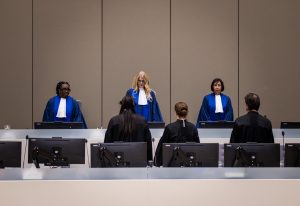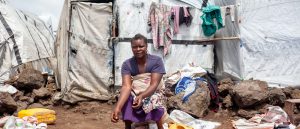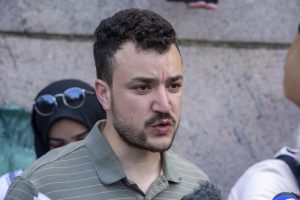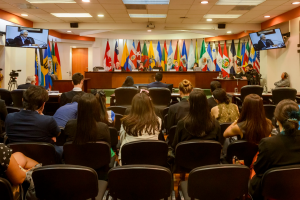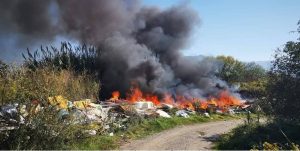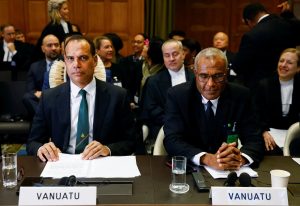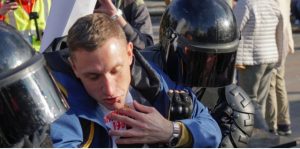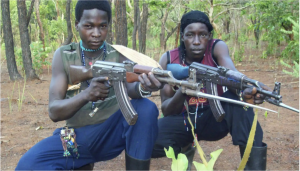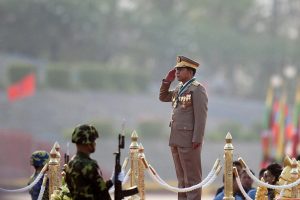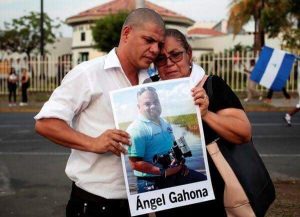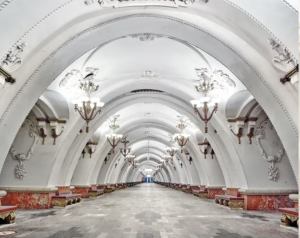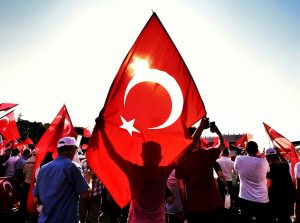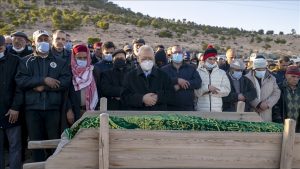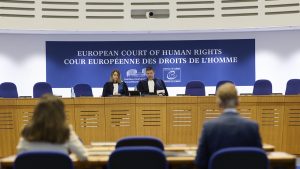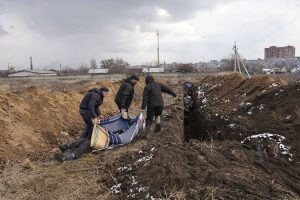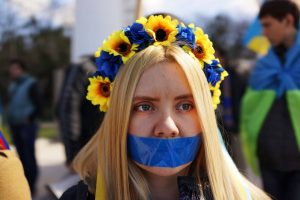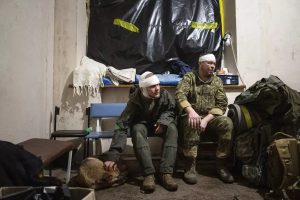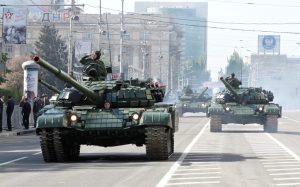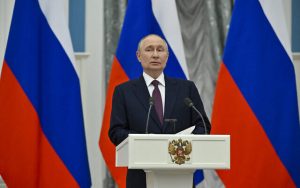January 16, 2025
By: Ethan Kassem, Journal of Global Rights and Organizations, Associate Articles Editor
Individuals with disabilities have a legal right to participate in decisions that impact their lives according to international human rights law. Against that backdrop, states are generally required by the Convention on the Rights of Persons with Disabilities (CRPD) to actively and closely consult with individuals with disabilities along with the organizations that represent them when developing laws and policies that impact such individuals. Accordingly, Australia’s recent policy changes offer an increasing attempt at matching both national and international programs with evolving legal requirements for participation and inclusion.

The Australian government announced a historic $50 million investment on December 3, 2025, aimed at bolstering disability rights throughout the Indo-Pacific area through its flagship program “Stronger Movements, Stronger Futures.” Despite the disproportionate number of individuals with disabilities residing in the Indo-Pacific, the announcement was made to coincide with the International Day of People with Disabilities, signifying both a symbolic and practical commitment at advancing equality and inclusion in an area where disability remains widely under-addressed in law, policy, and development practice.
The initiative, which primarily aims to strengthen organizations led by individuals with disabilities by enabling their participation in national, regional, and international decision-making, represents the largest Australian international investment specifically dedicated to disability rights and equality. This initiative seeks to foster collaboration and peer-to-peer learning in order to build a stronger and more unified disability rights movement. Additionally, this policy aligns with the growing body of international human rights legislation concerning the participation and inclusion of individuals with disabilities.
As part of this investment, Australia will partner with three leading organizations of people with disabilities: the International Disability Alliance, Pacific Disability Forum, and ASEAN Disability. Australian Minister for Foreign Affairs, Penny Wong, has gone on to state that this movement primarily seeks as a means of empowering individuals with disabilities to lead change, remove barriers, and create opportunities for full and equal participation in society. Australia has since placed a large emphasis on its commitment to removing barriers and creating opportunities for full participation in society nothing that inclusive societies demonstrate greater potential for both economic growth and social cohesion.
Unlike prior disability-related funding, which sought to place a larger emphasis on support services, this initiative primarily seeks to invest in the infrastructure of the disability rights movements themselves. By funding disability-led organizations rather than what might be deemed a more “traditional” assistance program, this initiative serves as an effective means of strengthening the ability for individuals with disabilities to have a larger influence on government legislation while holding governments accountable. Australia’s initiative highlights the fact that disability rights are viewed as an essential feature of human rights governance and democratic participation, as opposed to an incidental social issue.
For further information, please see:
ADDC welcomes landmark investment to advance disability rights in the Indo-Pacific
Australia invests $50 million to strengthen disability rights across the Indo-Pacific
Australia Pledges $50M to Boost Indo-Pacific Disability Rights
CBM Australia welcomes investment to bolster disability rights in the Indo-Pacific
How institutional investment is reshaping specialist disability accommodation in Australia


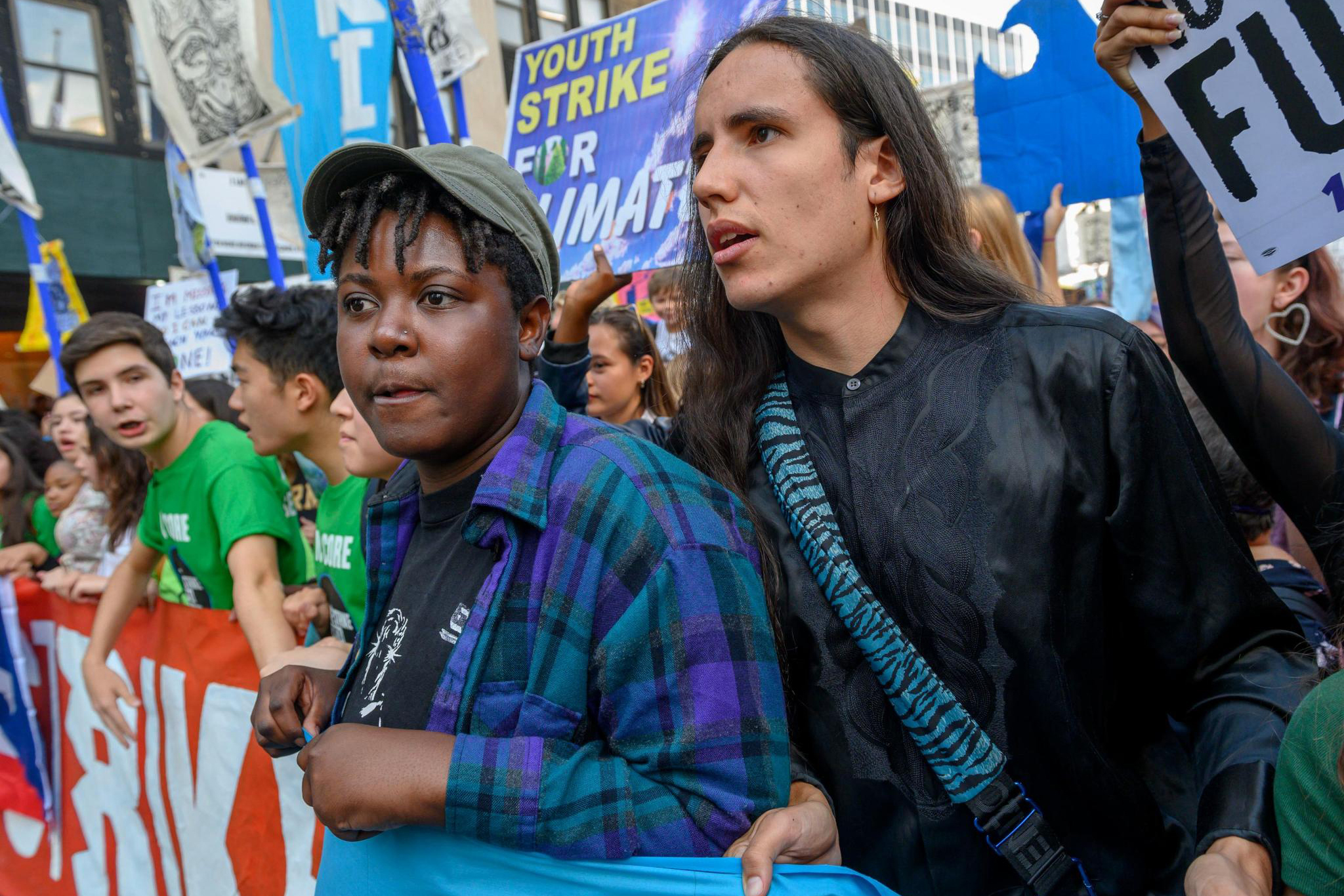
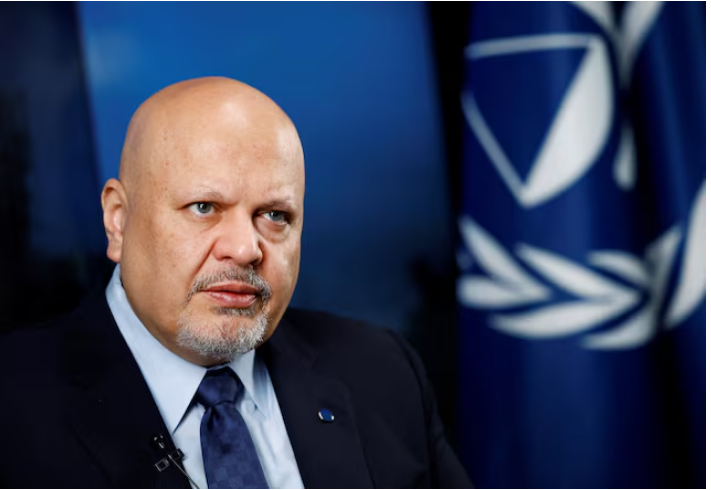
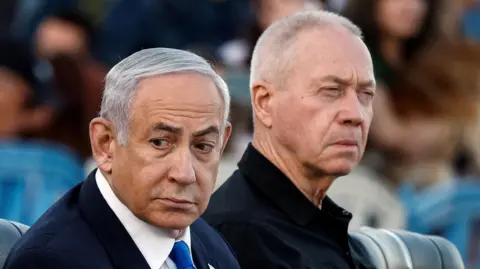
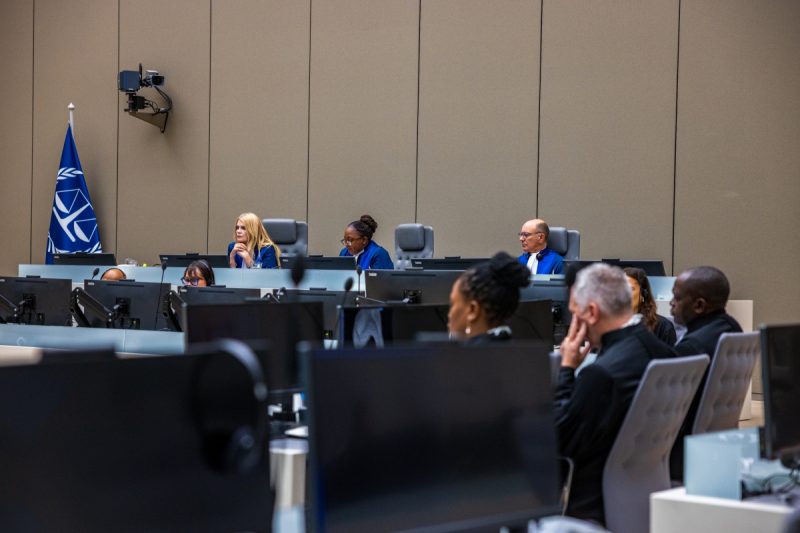
![From left, the heads of state of the three countries: Mali's Assimi Goita, Niger's General Abdourahamane Tchiani and Burkina Faso's Captain Ibrahim Traore [File: Mahamadou Hamidou/Reuters]](https://img-s-msn-com.akamaized.net/tenant/amp/entityid/AA1N98ke.img?w=768&h=525&m=6&x=1567&y=763&s=1220&d=251)

